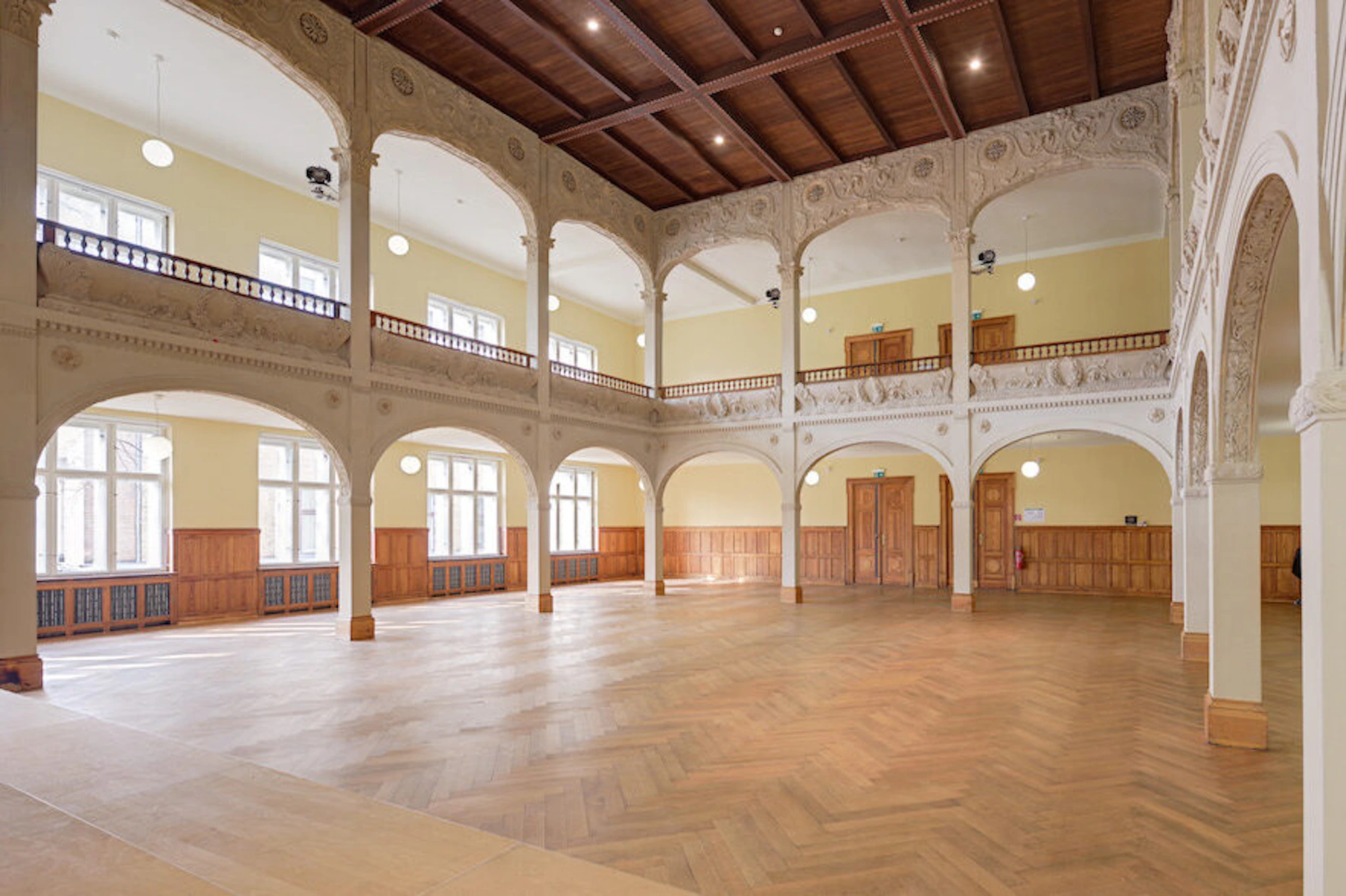
Grow to Zero 2018: Sustainable Solutions for a Prosperous Planet
We have two years to change the trajectory of global emissions if we are to meet the ambition of the Paris Agreement. Where are we on the path to decarbonisation? The SDGs provide a $12 trillion opportunity for business. But last year’s stock-take indicated the need for major investments in the near-term to accelerate progress to meet targets by 2030.
How can we ramp up action? How can business come together with government and civil society to create win-win-win scenarios? And critically: How do we measure progress to ensure we’re on track? Grow to Zero is centred on posing difficult questions and offering practical solutions.
- Sustainability professionals will learn about new programmes to gain climate leadership positions while delivering toward the SDGs
- Investors will hear about new ways to reduce risk in climate-friendly projects and report holistically on SDG impact
- Developers of climate protection projects can deepen their understanding about policy developments that influence their projects, build technical capacity, and connect with new partners to support their work
- Everyone will find opportunities to network and launch new ideas, solutions, and collaborations





View Interviews
